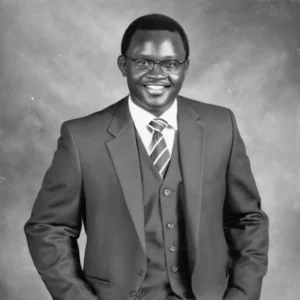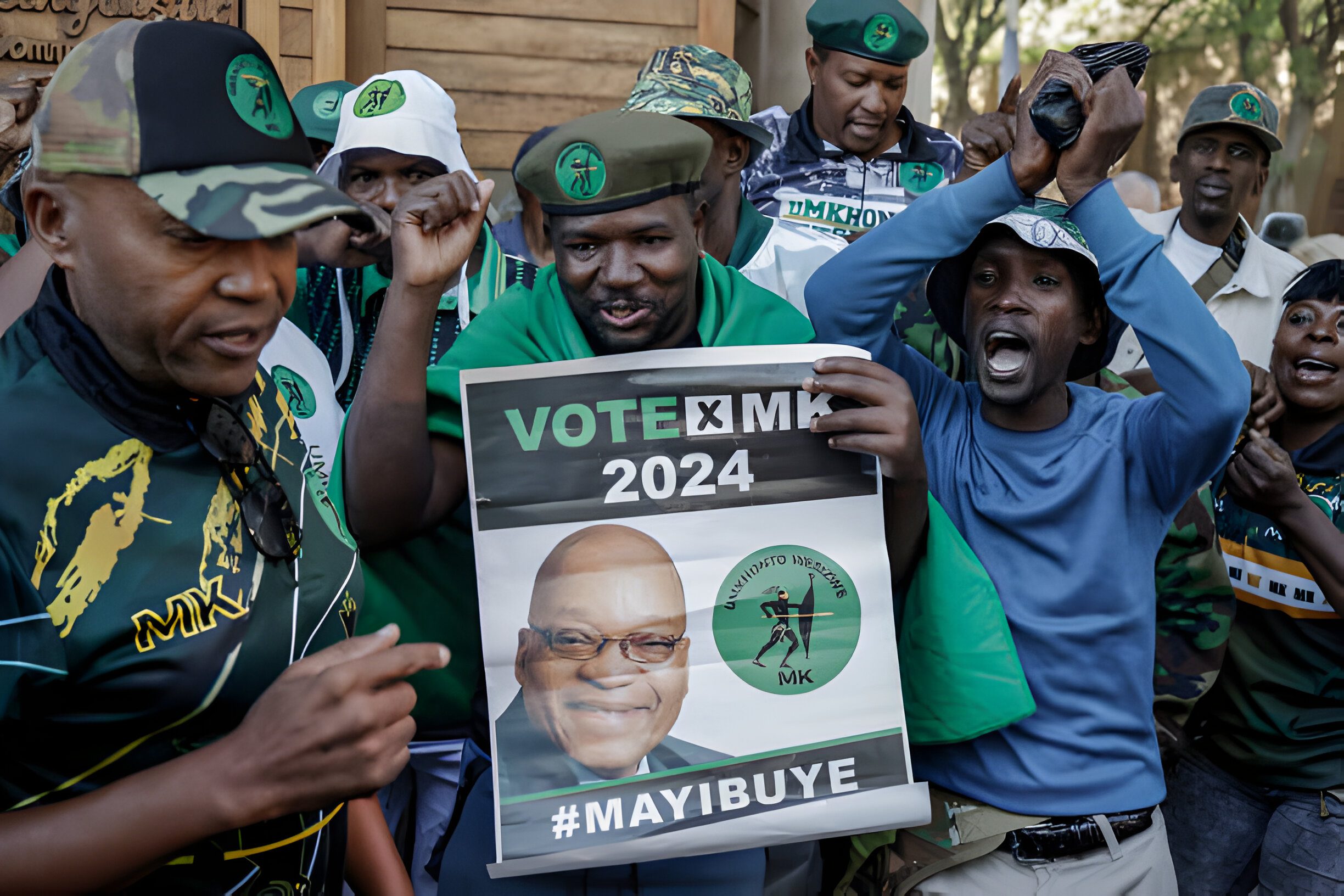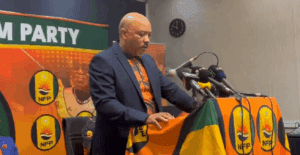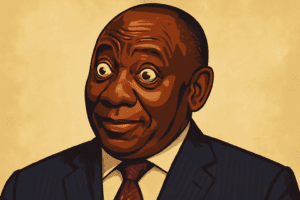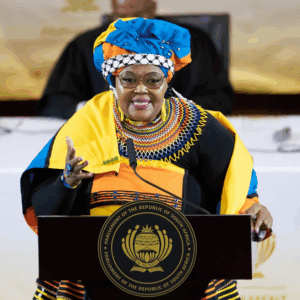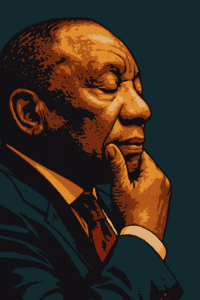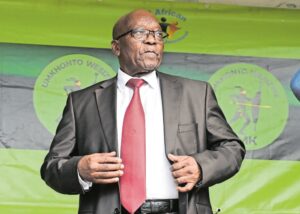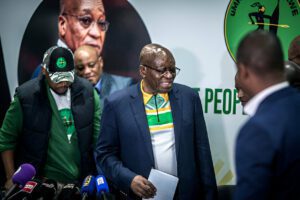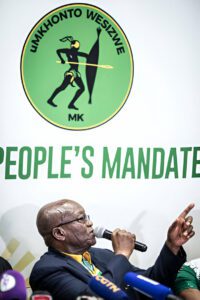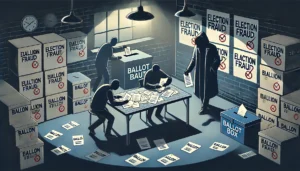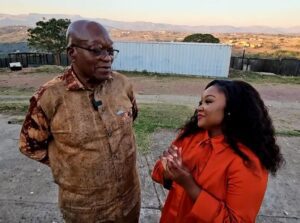EThekwini, a longstanding stronghold of the ANC in KwaZulu-Natal (KZN), is on the verge of falling to the uMkhonto weSizwe Party (MK). Internal projections from Jacob Zuma’s new party indicate a significant shift in political allegiance within the province, eroding support from both the ANC and the Inkatha Freedom Party (IFP).
MK is anticipated to lose fewer than 40 out of 869 voting districts in eThekwini, signaling a critical blow to the ANC’s dominance in the region. These projections suggest a decisive shift in voter sentiment.
In areas traditionally dominated by the Democratic Alliance (DA), such as Kloof, Hillcrest, and Durban North (including Umhlanga), the ANC has already faced losses. Similarly, in the King Cetshwayo region, MK is expected to lose fewer than 10 out of 107 wards, according to data analyses.
Buhle Khumalo, MK’s provincial coordinator, confirmed to IOL that the party has lost three wards in uMhlathuze, KZN’s third-largest municipality. These wards were retained by the DA and IFP. However, the overall losses are minimal, and the party is on track for an unprecedented victory in KZN.
“Counting is still continuing but we are very happy with our outcome so far. We are expecting our numbers to still significantly increase but all good so far,” Khumalo added.
This unexpected victory has left other parties in shock. The IFP, traditionally representing rural KZN, and the ANC have both seen significant losses to MK, which has captured more than half of the ANC votes in the province.
Key ANC strongholds, including Richmond in the uMgungundlovu region, Moses Mabhida region, Ilembe, and several others, have fallen to MK. Additionally, MK has made significant inroads into IFP territories such as Msinga, Ixopo, and other northern Zululand districts.
The success of MK is largely attributed to Jacob Zuma’s efforts behind the scenes, engaging with traditional leaders and securing support from key figures like Zulu Prince Mandlakapheli Zulu.
“Zuma did a lot of work in going to chiefs, traditional leaders and also having Zulu Prince Mandlakapheli Zulu in the MK Party. This groundswell of support helped MK,” explained prominent MK leader in KZN, Visvin Redddy.
The party’s triumph in both rural and urban districts across KZN underscores the role of identity politics in their success. For many KZN voters, supporting MK was seen as a way to defend Zulu interests and to express discontent with the ANC’s treatment of former president Jacob Zuma, who leads the MK party.
Opposition parties in KZN have responded to MK’s success with mixed emotions. Many have attributed their defeat to the ANC’s internal issues.
“Of course we feel defeated, but we will accept the will of the people and the results. We did everything humanely possible in this election campaign but it is what it is. But we have to respect the outcome and we are willing to enter coalition talks with any party to improve the lives of the people in KZN,” said EFF’s KZN Chairperson Mongezi Twala.
However, the DA’s KZN leader, Francois Rogers, warned MK against prematurely celebrating a landslide victory.
“If MK thinks it’s heading for a majority in KZN, it’s living in la la land. We predict they will take 32% of votes so we are heading for a coalition in KZN. The MK’s success must be laid squarely at the door of the ANC which is led by factionalism and this is the result,” Rogers stated.
MK’s rise is particularly remarkable given their recent leadership and legal challenges, including Zuma’s own disqualification from contesting due to his prison sentence. Despite these hurdles, the party has emerged as a formidable force in KZN and is poised to secure third place nationally.
“I need some sleep but the adrenalin is still there. We are humbled, it’s a promising start for a small party but the real work to change lives begins now,” said Muzi Ntshingila, MK’s 41-year-old head of elections.
